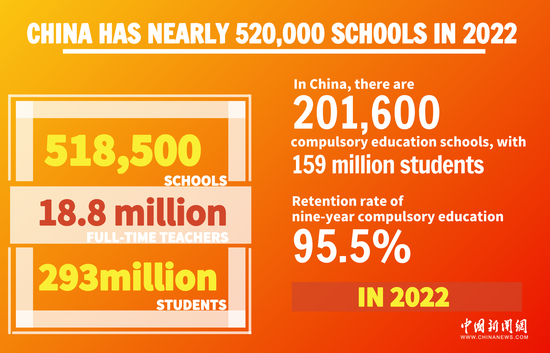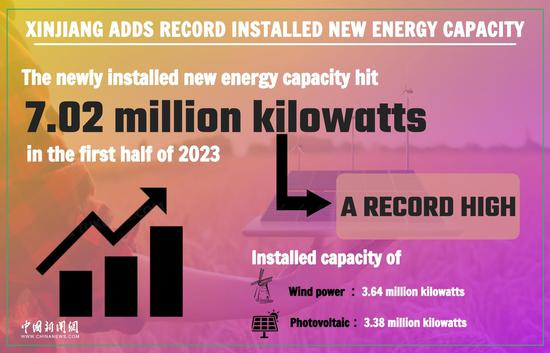The data for the first half of the year clearly show that low domestic demand is looming as a prominent challenge to the Chinese economy. Whether the country can effectively boost consumption is crucial to it resolving the series of problems related to the economy, ranging from weak expectation and investment to deflation and structural risks.
These issues are related to the high-quality development it seeks that must be based on a certain growth rate of the economy. Yet some pro-consumption policies have proved ineffectual in stimulating consumption, as they are focused on providing some subsidies or improving the consumption experience, without addressing the underlining problems suppressing consumption.
Not to mention these measures' long-term influences, as eating the corn in the blade usually heralds a famine next year. The seemingly generous subsidies, for instance those provided for the new energy vehicles buyers, only spur the releasing of demand in advance, rather than expanding it.
Since household consumption is related to people's incomes and the overall economic situation, the pro-consumption policies should always be carried out in tandem with other supporting policies. For instance, measures such as eliminating restrictions on car purchases, reducing taxes and fees on car purchases, and improving the convenience of using cars can have more obvious effects on expanding car consumption than providing subsidies only.
Likewise, the policies made to boost online sales, green consumption, as well as customized consumption, can only prompt changes in consumption patterns rather than create new demand. All effective pro-consumption policies should be able to open and expand new niche markets or be conducive to tapping into the market's unexplored demands. For instance, despite the strong demand there has not yet been a marked rise in the number of nursing centers for babies and the provision of eldercare services nationwide.
The service sector should be the main front to boost consumption. But many local governments still narrowly interpret consumption as the retail industry, ignoring industries such as tourism, telecommunication, education and medical care.
It should be seen that the root cause of the current weak domestic demand lies in the low spending power of families caused by the high unemployment rate and high housing prices. Although China has arguably the largest middle-income group in the world, most of its wealth exists in the form of the real estate bubble that may burst under the pressure it is under.
If the macroeconomic situation remains unchanged, it will be nigh on impossible for the government to effectively stimulate demand by simply issuing consumption coupons or staging consumption galas.


















































 京公网安备 11010202009201号
京公网安备 11010202009201号